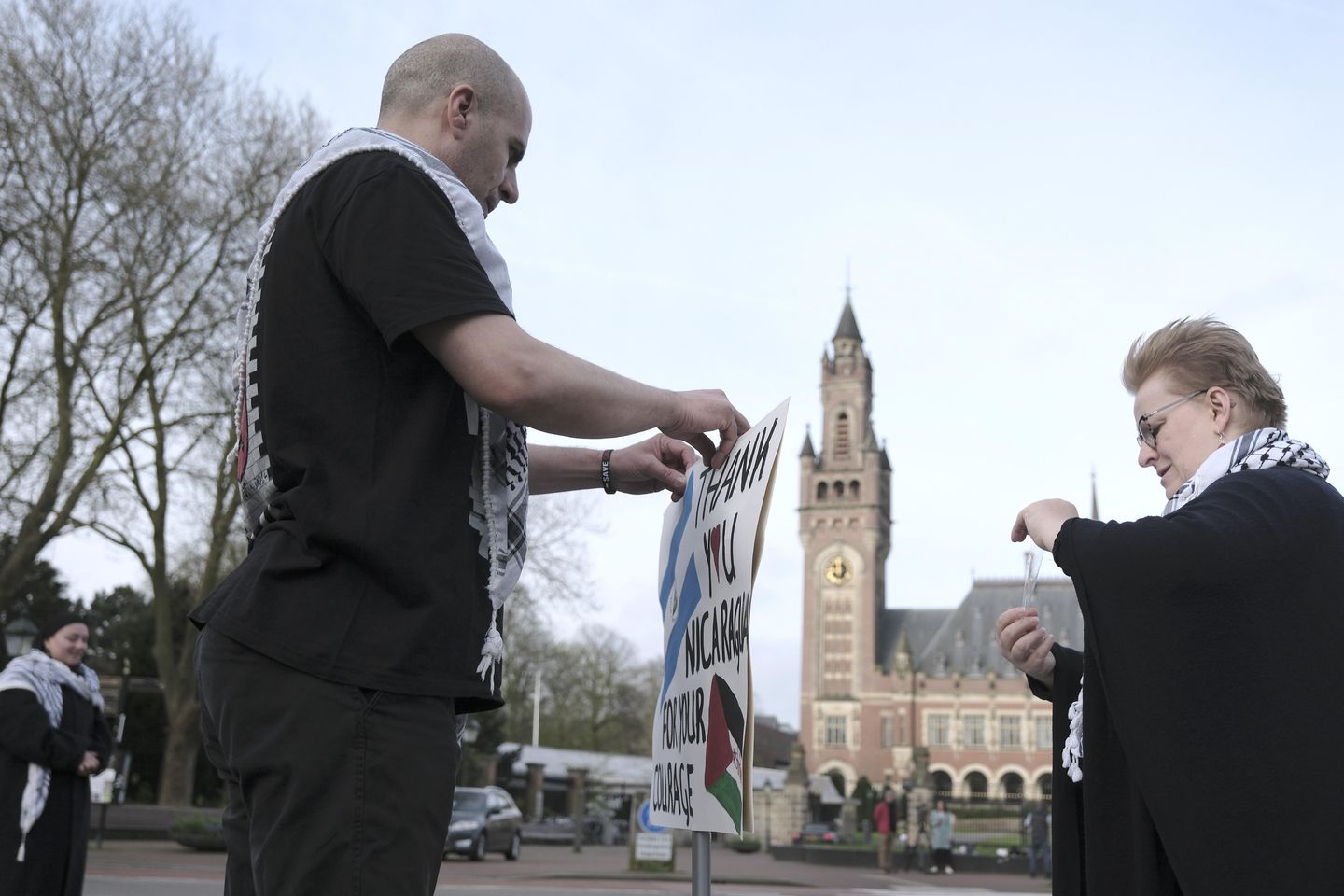Germany firmly denied the accusations brought by Nicaragua at the United Nations’ top court, claiming that Berlin had facilitated breaches of the Geneva Convention and international humanitarian law by providing arms and other support to Israel during its assault on Gaza. The case, brought by Nicaragua, alleged that Germany’s actions had contributed to the violence and violations of international law in the conflict. However, Germany refuted these claims, asserting that its support for Israel was in line with international law and regulations.
The German government defended its actions by stating that its support for Israel was based on a long-standing partnership and commitment to the country’s security. Germany emphasized that its arms exports were subject to strict regulations and oversight, in compliance with international laws and treaties. Berlin maintained that it had not violated any international laws or agreements in its dealings with Israel, and that its support was aimed at promoting peace and stability in the region.
Nicaragua’s case against Germany highlighted the contentious issue of arms sales and military support in conflicts around the world. The allegations raised by Nicaragua underscored the complexity of international relations and the challenges of balancing national interests with global humanitarian concerns. The case also raised questions about the role of countries like Germany in conflicts and the ethical implications of providing arms and support to parties involved in armed conflicts.
The United Nations’ top court, where the case was brought, serves as a forum for resolving disputes between countries and upholding international law. The court’s decision to hear Nicaragua’s case against Germany reflects the importance of addressing allegations of violations of international humanitarian law and human rights. The outcome of the case will have implications for future arms sales and military support agreements between countries, as well as for efforts to promote peace and security in conflict-affected regions.
In conclusion, Germany’s rejection of Nicaragua’s accusations at the United Nations’ top court demonstrates the country’s commitment to upholding international law and regulations in its foreign policy decisions. The case highlights the complexities of international relations and the challenges of balancing national interests with global humanitarian concerns. The outcome of the case will have implications for future arms sales and military support agreements, as well as for efforts to promote peace and stability in conflict-affected regions. Ultimately, the case underscores the importance of transparency, accountability, and adherence to international law in addressing conflicts and promoting peace around the world.









